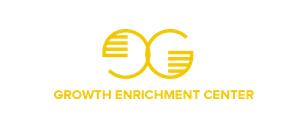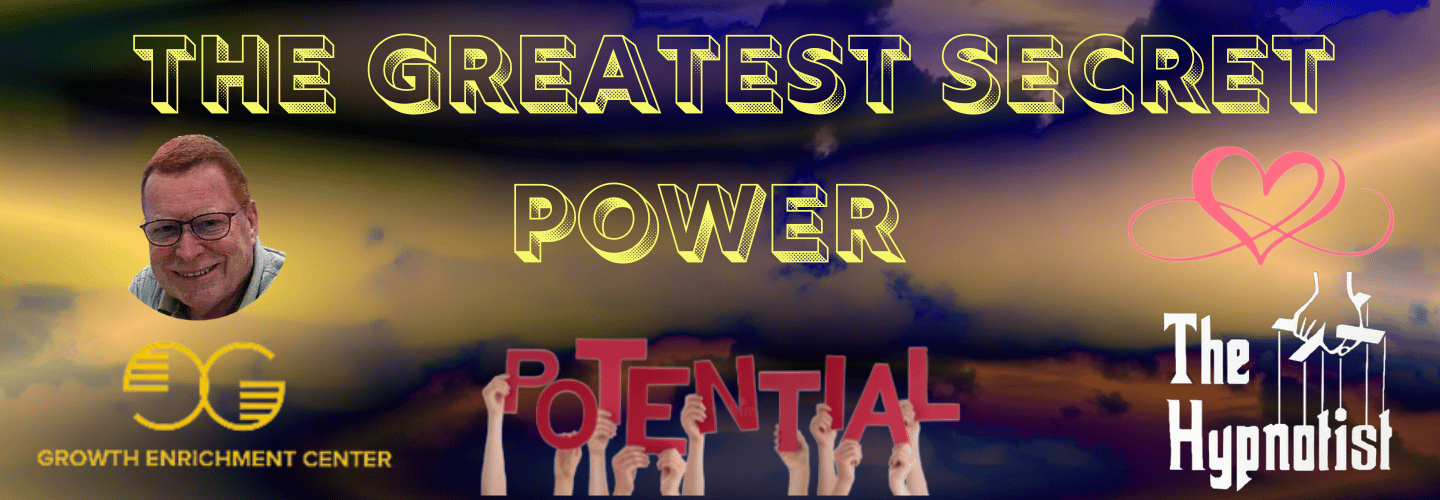
Boost your cognitive abilities with targeted mental workouts. Engage regularly in puzzles like Sudoku to enhance problem-solving skills and reinforce memory retention. Utilize visualization techniques to improve recall and understand complex information. Incorporate mindfulness exercises to sharpen focus and increase mental clarity. Explore problem-solving games to refine strategic thinking and adaptability. By challenging your brain with diverse activities, you're fostering neuroplasticity, ensuring continual improvement and resilience in cognitive functions. These strategies offer a dynamic path to access your mental potential.
Key Takeaways
- Engage in puzzles like Sudoku and crosswords to enhance cognitive functions and improve memory.
- Practice visualization techniques to construct detailed scenarios, boosting recall and understanding.
- Incorporate meditation and mindfulness to increase focus and mental clarity, enhancing cognitive performance.
- Play problem-solving games to develop strategic thinking and quick decision-making skills.
- Participate in activities that promote neuroplasticity, like learning new languages or playing musical instruments, to strengthen neural connections.
Engaging in Memory-Boosting Puzzles and Games

Engaging regularly in memory-boosting puzzles and games, such as Sudoku and crosswords, can considerably enhance your cognitive functions.
Studies show that these memory games stimulate neural pathways, greatly improving recall and problem-solving skills. By adopting various puzzle strategies, you're not only reinforcing short-term memory but also enhancing long-term memory retention.
Regular involvement in such activities increases mental agility, making it easier for you to tackle complex challenges.
Most importantly, the variety in puzzle types guarantees that different cognitive areas are exercised, optimizing overall brain health and function.
As a result, integrating these games into your routine is a strategic move for cognitive enhancement.
Harnessing Visualization for Enhanced Cognitive Function
While puzzles and games effectively sharpen your memory and problem-solving abilities, harnessing the power of visualization can take your cognitive function to new heights.
Visualization techniques aren't just about seeing an image in your mind; they involve actively constructing and manipulating detailed scenarios to boost memory enhancement.
Studies show that individuals who regularly engage in visualization exercises demonstrate superior recall accuracy compared to those who don't.
By envisioning complex scenes and sequences, you're effectively creating a mental workout that strengthens neural pathways.
This practice not only enhances memory but also fosters a deeper understanding and retention of information, making it a potent tool for cognitive development.
The Benefits of Meditation and Mindfulness for Improved Focus

As you explore the domain of cognitive enhancement, consider the profound impact of meditation and mindfulness on your ability to focus.
Research shows that mindful breathing exercises and consistent focused attention greatly enhance concentration and cognitive function. Regular meditation not only increases gray matter density in regions linked to attention but also improves overall mental clarity and stress management.
This ultimately boosts your cognitive performance, allowing for a sharper, more engaged mind. Embracing these practices, you'll notice a marked improvement in your memory retention and a reduction in daily distractions, paving the way for heightened productivity and mental agility.
Sharpening the Mind With Problem-Solving Games
Building on the foundation of enhanced focus and mental agility gained from meditation and mindfulness practices, problem-solving games offer a dynamic way to further sharpen your cognitive skills.
Here's how these games impact your brain:
- Strategy Development: You're constantly crafting strategies to overcome challenges, enhancing your ability to anticipate and innovate.
- Game Mechanics Understanding: Learning and adapting to various game rules improves cognitive flexibility and problem-solving speed.
- Pattern Recognition: Regularly identifying patterns in games enhances your analytical skills, helping you to recognize and react to patterns in real-life scenarios more effectively.
Engage in these games to hone a sharper, more agile mind.
Exploring Neuroplasticity Through Diverse Brain Exercises

Exploring the dynamic concept of neuroplasticity through diverse brain exercises offers intriguing opportunities for cognitive enhancement.
By engaging in activities that challenge your mind, you're not just sharpening your current skills but also fostering the growth of new neural connections.
The neuroplasticity benefits of such brain exercises are profound, ranging from improved memory and faster cognitive processing to enhanced problem-solving abilities.
Whether it's learning a new language, playing strategy games, or practicing musical instruments, each activity rewires your brain, making it more resilient and adaptable.
You'll find that regular mental workouts considerably boost your cognitive health and flexibility.
Daily Cognitive Workouts for Mental Agility
While the benefits of diverse brain exercises are well-documented in fostering neuroplasticity, daily cognitive workouts specifically target mental agility, offering a more focused approach to enhancing your cognitive abilities.
Here's how you can bolster your mental resilience and cognitive flexibility:
- Puzzle-Solving: Engage in daily crossword puzzles or Sudoku to sharpen problem-solving skills and improve quick-thinking capabilities.
- Strategy Games: Play games like chess or strategic video games that require critical thinking and tactical planning, enhancing your cognitive adaptability.
- Creative Expression: Regularly practice activities that require imaginative thinking, such as drawing or writing, to maintain and expand your mental agility.
Simple Strategies for Ongoing Brain Training

To maintain and enhance your brain's capabilities, it's vital to adopt simple, daily strategies that stimulate cognitive functions.
Integrating brain nutrition into your diet can greatly boost cognitive health. Foods rich in omega-3 fatty acids, antioxidants, and vitamins are important.
Additionally, cognitive supplements like Ginkgo Biloba and fish oil enhance mental clarity and memory retention.
To optimize these effects, pair nutritional strategies with mental exercises such as puzzles and memory games.
This combination not only sharpens your mind but also guarantees your brain is receiving the necessary compounds to support and improve overall cognitive function efficiently and effectively.
Frequently Asked Questions
How Often Should I Practice These Exercises for Optimal Results?
For ideal results, you should integrate these exercises into your daily routine. Consistently practicing these activities daily guarantees the best frequency for enhancing cognitive functions and maintaining overall brain health.
Can These Exercises Help With Age-Related Memory Issues?
Ironically, you're asking if brain games can slow aging, yet engaging in them boosts memory retention and curbs cognitive decline. Regular mental workouts indeed sharpen memory and mitigate age-related memory issues effectively.
Are There Any Side Effects to Overdoing Brain Exercises?
You risk mental fatigue and cognitive overload if you overdo brain exercises. It's crucial to balance activities with rest to avoid diminishing returns and maintain peak cognitive health. Moderation is key.
How Young Can Children Start Engaging in These Activities?
You can introduce children to cognitive development activities like puzzles and playful learning as young as toddler age. Early engagement enhances neural growth and sets a foundation for advanced cognitive abilities later on.
Can Brain Exercises Help Manage Symptoms of ADHD or ADD?
Yes, brain exercises can help manage ADHD or ADD symptoms by enhancing your attention strategies and cognitive training, improving focus, and reducing impulsivity through structured tasks like puzzles and mindfulness practices.
Conclusion
Are you prepared to witness the transformation of your cognitive prowess? Embrace the journey; the potential for enhanced memory, sharper focus, and heightened problem-solving abilities lies within your grasp. Every puzzle solved, every meditation session, every visualization technique you practice not only challenges but also fortifies your neural pathways. Commit to daily cognitive exercises, and the results might just astonish you. Why wait to access the full potential of your mind? Start today.

